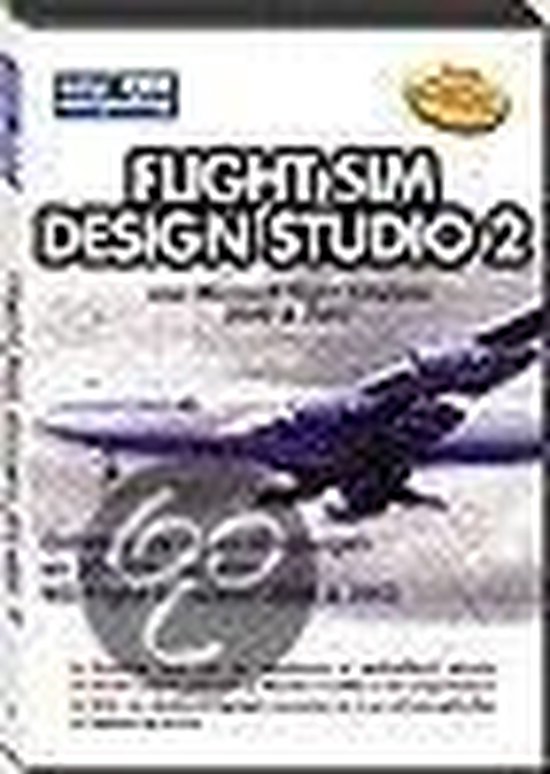Paper time machines

Uiterlijk 17 januari in huis
This book looks at a range of topics and design issues pertinent to the history, current state of design, and to developing trends within the hobby, industry, and the adjacent field of game scholarship.
James Dunnigan’s memorable phrase serves as the first part of a title for this book, where it seeks to be applicable not just to analog wargames, but also to board games exploring non-expressly military history, that is, to political, diplomatic, social, economic, or other forms of history. Don’t board games about history, made predominantly out of (layered) paper, permit a kind of time travel powered by our imagination? Paper Time Machines: Critical Game Design and Historical Board Games is for those who consider this a largely rhetorical question; primarily for designers of historical board games, directed in its more practice-focused sections (Parts Two, Three, and Four) toward those just commencing their journeys through time and space and engaged in learning how to deconstruct and to construct paper time machines.
More experienced designers may find something here for them, too, perhaps to refresh themselves or as an aid to instruction to mentees in whatever capacity. But it is also intended for practitioners of all levels of experience to find value in the surrounding historical contexts and theoretical debates pertinent to the creation of and the thinking around the making of historical board games (Parts One and Five). In addition, it is intended that the book might redirect some of the attention of the field of game studies, so preoccupied with digital games, toward this hitherto generally much neglected area of research.
Key Features:
Guides new designers through the process of historical board game design
Encapsulates the observations and insights of numerous notable designers
Deeply researched chapters on the history and current trajectory of the hobby
Chapters on selected critical perspectives on the hobby
- 1 Bekijk alle specificaties



Taal: en
Bindwijze: Paperback
Oorspronkelijke releasedatum: 14 augustus 2024
Aantal pagina's: 330
Hoofdauteur: Maurice W. Suckling
Hoofduitgeverij: Routledge
Product breedte: 178 mm
Product lengte: 254 mm
Verpakking breedte: 178 mm
Verpakking hoogte: 19 mm
Verpakking lengte: 254 mm
Verpakkingsgewicht: 639 g
EAN: 9781032416915